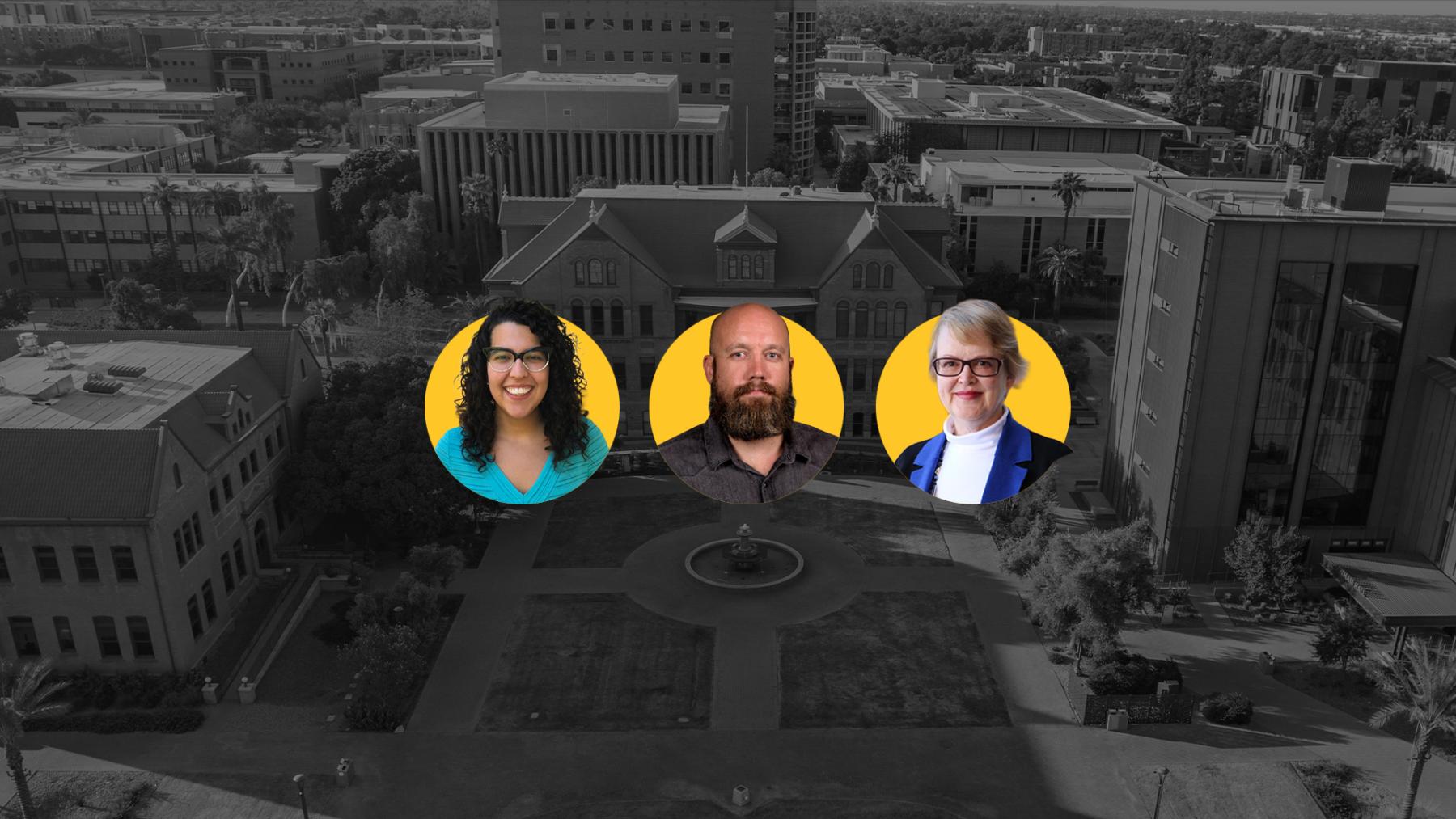
Finding your flow: Managing the graduate writing process
Graduate writing can feel like a marathon—long, demanding, and full of unexpected detours. But as Tristan Rebe, Program Manager for the Graduate Writing Center, reminded students in the Grad15: Managing the Writing Process webinar, writing is not about perfection—it’s about progress. “The best dissertation is a done dissertation,” Rebe said, quoting Robert Frost: the best way out is through.
Rebe encouraged students to see writing as a recursive process—one that involves brainstorming, drafting, revising, and often looping back as ideas evolve. Rather than expecting to produce a polished draft in one sitting, graduate writers can embrace the messiness of discovery. Talking through ideas with peers, advisors, or even in the car (safely!) can keep the creative energy flowing.
Building a writing habit is central to success.
Whether it’s 15 minutes a day or a few hours a week, scheduling consistent writing time helps make progress feel manageable. Rebe suggested small, low-pressure strategies—free-writing without judgment, finding a comfortable writing space, or partnering with an accountability buddy. Rewards and breaks can help sustain motivation, especially during long projects like theses or dissertations.
When procrastination strikes, Rebe advised students to understand the “why.” Are you unsure what to write, or do you just feel stuck? Not sure what kind of procrastinator you are?
Use this free survey to find out your procrastination level and strategies to overcome it.
Free-writing, clarifying your goals, or returning to your sources can help restart momentum. Avoid “productive procrastination”—tasks like tweaking your bibliography or answering emails that feel useful but delay real writing.
To maintain momentum, Rebe offered creative techniques like writing your paper as a letter to a friend, drafting out of order, or stopping mid-paragraph so it’s easier to pick up next time. Tracking progress visually—sticky notes, whiteboards, or multiple screens—can also make your work feel more tangible.
Finally, Rebe emphasized the value of time management. Tools like reverse calendaring—starting from the due date and working backward—can help you set realistic milestones with built-in buffer time. Life happens, so plan for “sick days” and reset instead of feeling guilty.
For those who want to reverse engineer their timeline based on Graduate College due dates use these resources:
The session closed with thoughtful questions about overcoming perfectionism, managing writing anxiety, and balancing research with self-care. Rebe’s takeaway was clear: writing is both intellectual and emotional labor. Give yourself permission to write imperfectly, seek support when you need it, and remember—you’re learning through the process, one page at a time.
More stories from the Graduate Insider

Finding your flow: Managing the graduate writing process
Graduate writing can feel like a marathon—long, demanding, and full of unexpected detours. But as Tristan Rebe, Program Manager for the Graduate Writing Center, reminded students in the Grad15: Managing the Writing Process webinar, writing is not about perfection—it’s about progress. “The best dissertation is a done dissertation,” Rebe said, quoting Robert Frost: the best way out is through.

Promoting resilience and well-being in Ghana — and across the globe

From practice to presentation: How to deliver a winning faculty job talk
Giving a job talk can feel like the most high-stakes presentation of your academic job search. It’s not just a research seminar—it’s your opportunity to demonstrate vision, communication skills, and fit within a department. In a recent Lunch and Learn, faculty members Associate Professor in School of International Letters and Cultures, Anita Huizar-Hernandez, Professor in School of Life Sciences Jeffrey Jensen, and Professor in Department of Physics Patricia Rankin shared concrete strategies to help graduate students and postdocs succeed as future faculty candidates.